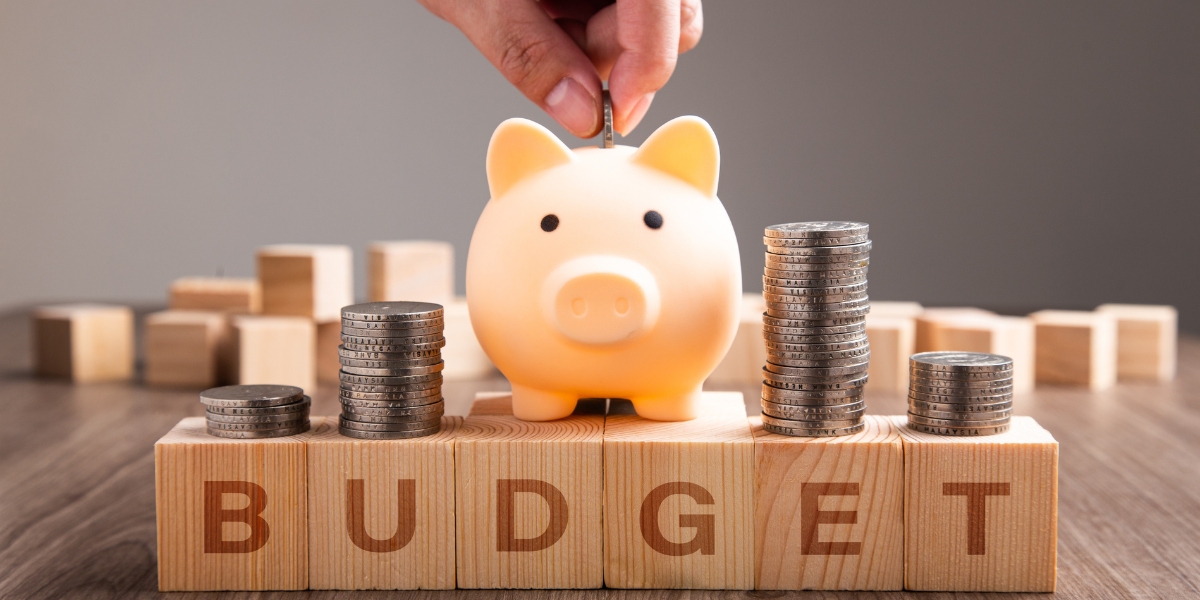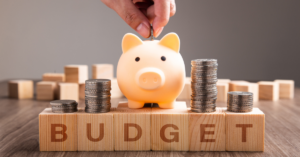A budget is a plan for every dollar you have. It’s not magic, but it can lead to more financial freedom and a life with much less stress. A budget is a spending plan that takes into account expected income and expenses for a specified period, usually a year—building a budget forces you to take a close look at your spending habits and focus on your financial goals. Having and sticking to a budget can keep your spending in check and ensure that your savings are on track to meet long-term financial goals. Remember, your income, expenses, and priorities will change over time, so actively manage your budget by revisiting it regularly.
Help Balance Needs and Wants
To start accounting for wants and needs in your budget, begin by writing a list of everything you spend money on. Divide the items into two buckets: wants and needs. Next, take a close look at your categories. Some items you’ve indicated as needs may actually be wants or vice versa. If you see that you’re overspending on ‘wants’ items, you may choose to adjust how much you commit to luxury or nonessential spending. Also, consider that the cost of your necessary spending isn’t always fixed. For example, you can shop for a better rate on your phone plan, cable package, or even your insurance to save money on your needs.
Prevent Overspending
Before credit cards, it was easier for people to tell whether they were living within their means. At the end of the month, if they had enough money left to pay the bills and put some money away in savings, they could more easily stay on track to meet their financial goals. It’s easy to be tempted to overuse credit cards and not realize that you’re overspending until you’ve accumulated an almost unsurmountable debt. However, if you create and stick to a budget, you’ll likely avoid finding yourself in this position.
Work Toward Long-Term Goals
A budget helps you figure out your long-term goals and work toward them. It forces you to map out your goals, save money, keep track of your progress, and work towards making your dreams a reality. By seeing what you earn and what money you spend, you can create a map of where you need to go to get to your financial goals. Saving for retirement, for example, is one of the most common long-term financial goals. You can eventually build a retirement nest egg by building regular retirement savings and investment contributions into your budget. Small sacrifices now can add significantly to your retirement accounts in the long run.
Prepare for Emergencies
Life is filled with surprises, such as divorce, a family death, or being laid off from work. These circumstances can lead to serious financial turmoil. In these situations, an emergency fund can help ensure you don’t dip into other funds saved for long-term goals. The emergency fund should consist of at least three to six months of living expenses. The best strategy for building an emergency fund is to build it into your budget, set realistic goals, and start small. Depending on your chosen approach, budgeting apps, such as Empower or YNAB, provide tools for setting up an emergency fund.
Final Thoughts
Think of a budget as your financial roadmap, guiding you through the twists and turns of your money journey. By setting spending limits and allocating funds, a budget helps you stay focused on your financial goals. It can prevent you from veering off course into impulse buys or unnecessary expenses. Regularly tracking your expenses against your budget keeps you accountable and helps you adjust as needed. Contact us if you want help understanding how budgeting can fit into your overall financial plan.







